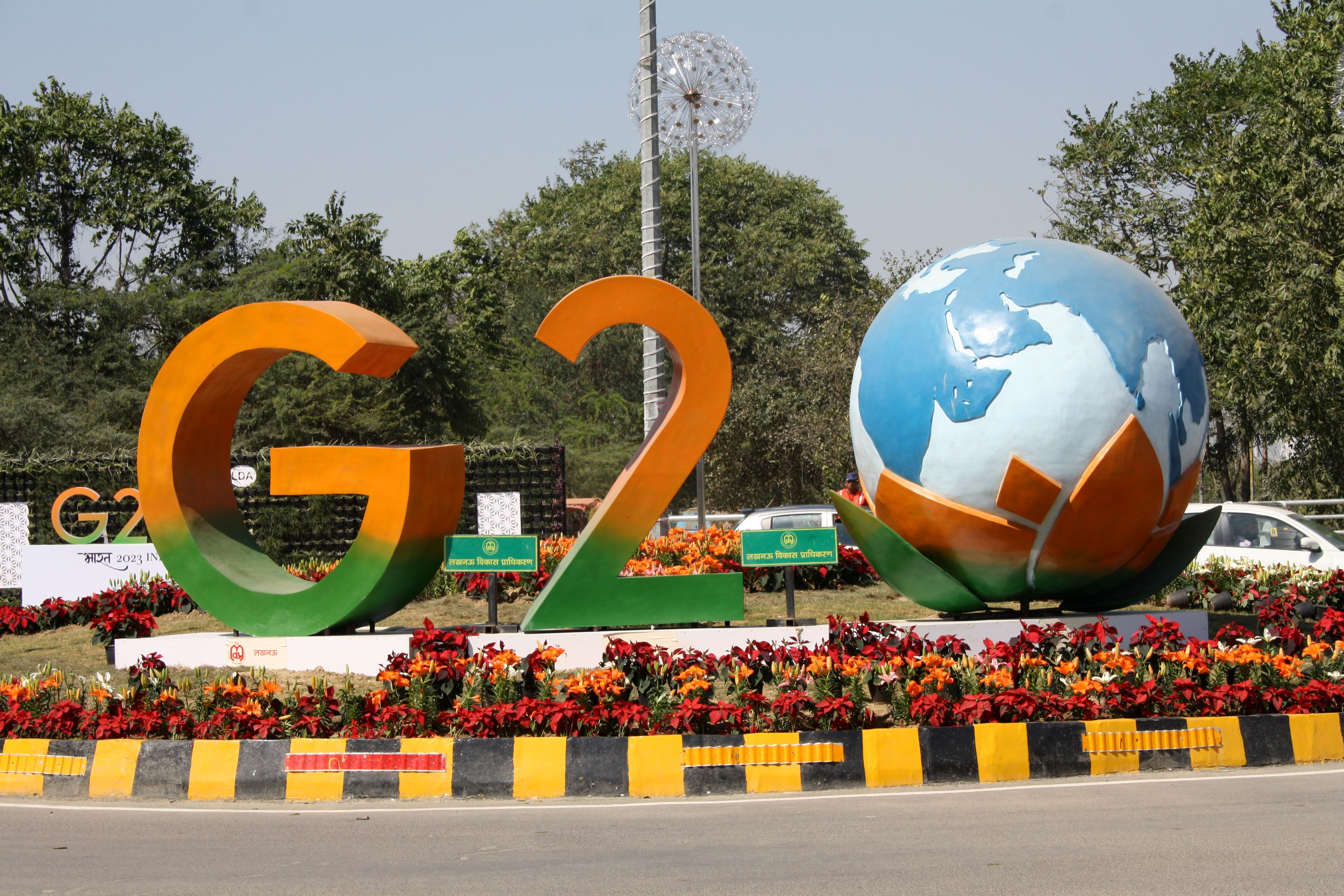
Prime minister Rishi Sunak declared his confidence that a trade deal between the UK and India can be achieved when speaking at the weekend’s G20 summit in New Delhi, India.
Speaking ahead of the event on Friday to Asian News International, he described “enormous progress” in talks between the countries.
Speaking at the event itself, over the weekend, Sunak suggested that there remains “a lot of hard work to do” on achieving a deal.
‘Close relationship’
The IOE&IT Daily Update has previously reported that difficulties in the talks include debate over a potential visa scheme for those coming from India to work in the UK. However, Sunak announced he was “confident” a deal could be achieved.
“India is going to be an increasingly important country in global affairs over the coming years and decades,” he said.
“It is vital that the UK has a close relationship with India and [a free trade agreement] is a way for us to do that, as well as broadening out our cooperation in a range of other areas too.”
Ukraine wording a compromise—and a coup for India?
A communique issued at the end of the summit, meanwhile, called for an end to the war and a “durable peace” in Ukraine, but failed to directly condemn Russia and its president Vladimir Putin.
It comes as, per Reuters, negotiators for the nations involved had been “struggling for days” to agree a statement on the conflict.
The G20’s previous meeting in Indonesia in November of last year ended with a joint statement on the war that condemned Russian “aggression” towards Ukraine in the so-called ‘Bali paragraph’. The paragraph was vetoed by both Russia and China.
Ahead of that meeting, executive director of Jakarta’s Centre for Strategic and International Studies Joze Rizal said: “Just keeping the meeting together is already a big achievement.”
No shows
Putin and Chinese premier Xi Jinping were not in attendance at this year’s summit, the former sending Russian foreign minister Sergei Lavrov in his place. Xi, meanwhile, sent premier Li Qiang.
Sarang Shidore, director of the Quincy Institute’s Global South programme, called the communique’s language “a climbdown”, while Lavrov described it as a “milestone”.
Lead negotiator for India at the event, Amitabh Kant said the wording was a compromise that showed India’s ability to “bring all developing countries, all the emerging markets, all developed countries—China, Russia, everybody—around the same table and bring consensus”.
Spy controversy stokes simmering tensions
“Malicious slander”—that was the verdict of Mao Ning, China’s foreign ministry spokesperson, at the G20 when Sunak raised reports that two men had been arrested in the UK under suspicion of spying on behalf of China.
One of those accused is reported by the BBC to have been a parliamentary researcher focusing on international affairs.
Sunak said at the summit that he had “very strong concerns about any interference in our parliamentary democracy”, while avoiding direct comment on “any ongoing investigation”.
A visit was made to China by James Cleverly last month in the first trip by a UK foreign secretary in five years. The arrests, however, mark what one Whitehall source calls a “major escalation” by China and could threaten to derail any improvement in relations between the two nations.
’A really big deal’
Plans for an economic corridor between India, the Middle East and Europe also received a major boost at the G20 summit.
Described by US president Joe Biden as a “game-changing investment” and “a really big deal”, the Partnership for Global Infrastructure Investment was jointly announced by Indian prime minister Narendra Modi and president of the European Commission Ursula von der Leyen.
It is reported in the Guardian that the infrastructure project could accelerate India-Europe trade by 40%. The measures will not be limited to physical infrastructure and will entail “a green and digital bridge across continents and civilisations,” von der Leyen said.



